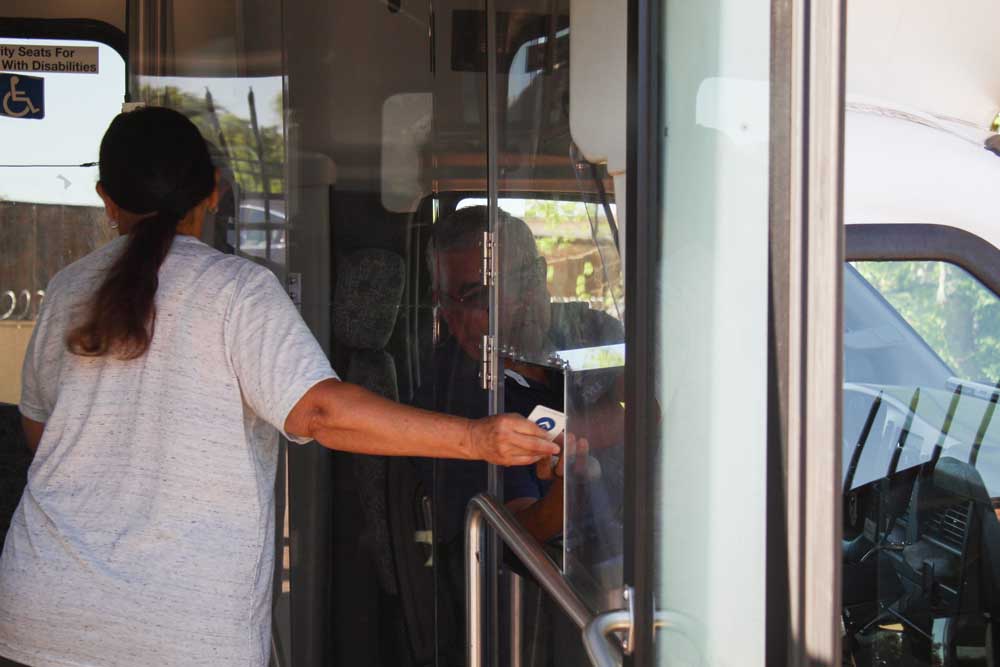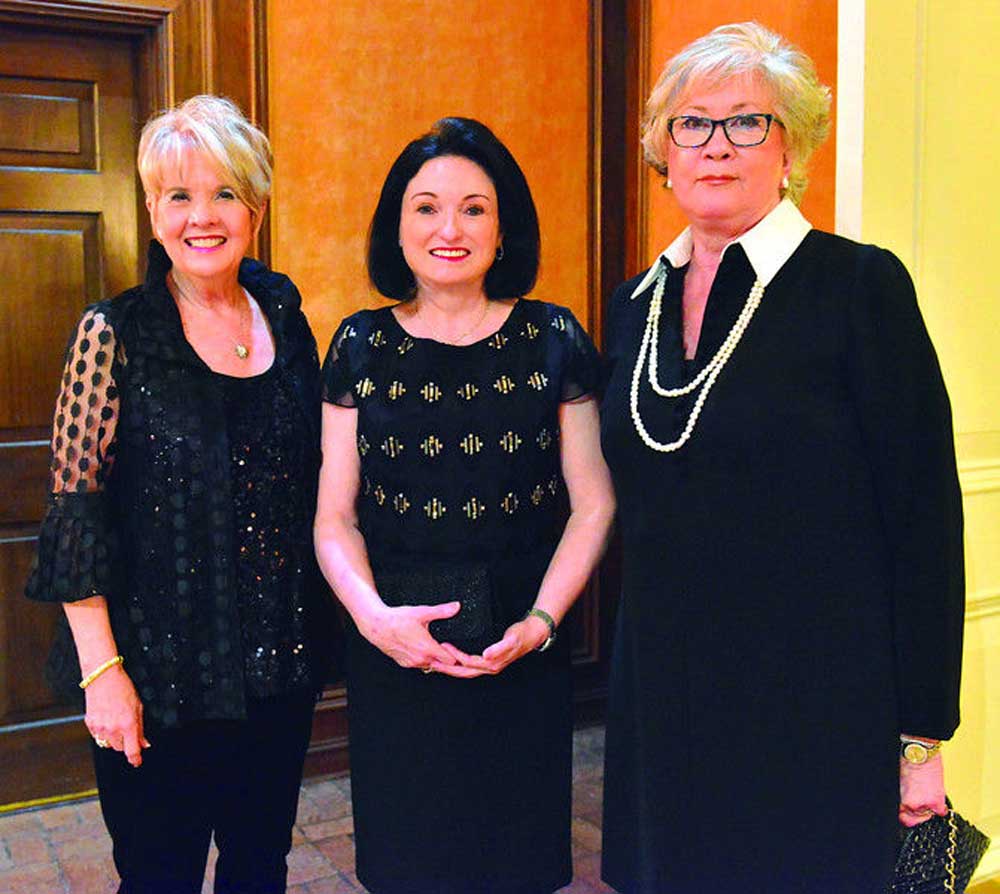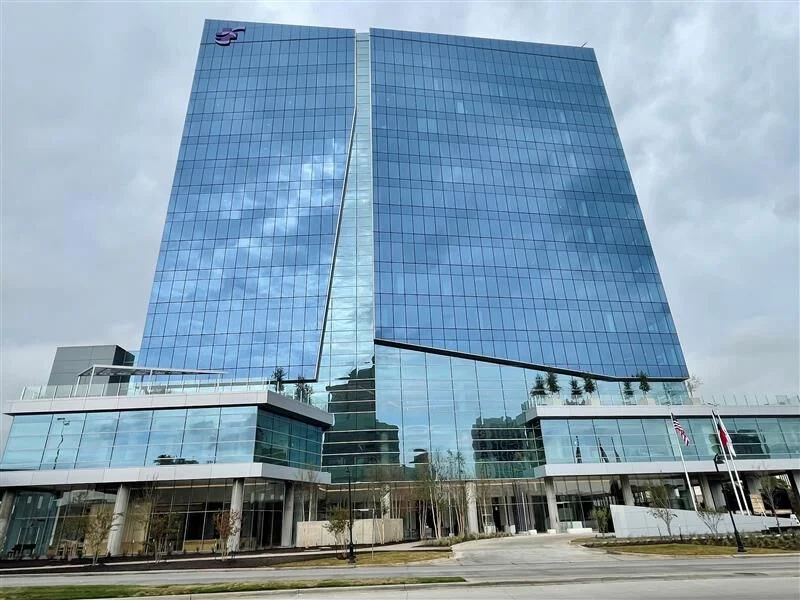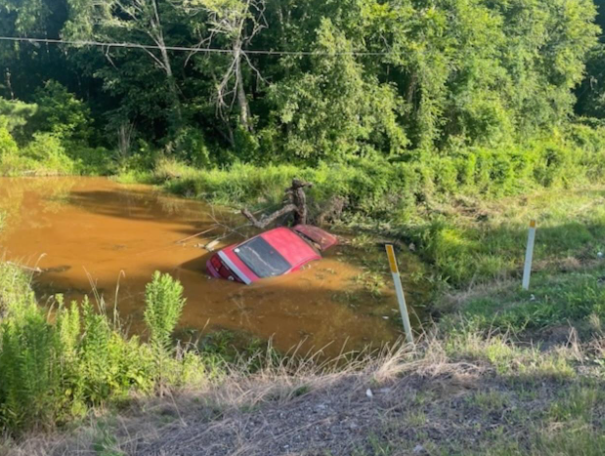Tyler Transit hears from residents as city expected to increase prices
Published 5:45 am Friday, September 1, 2023

- Tyler Transit launches on demand micro-transit route May 13. (Tyler Morning Telegraph/ File)
Residents spoke at an open house meeting on Tuesday night where representatives discussed proposed service changes to the city’s public transportation service.
Tyler Transit’s proposed changes include doubling fares for all fixed and paratransit routes, discontinuing Saturday rides except for medical transportation and exploring a micro-transit system.
“There were a lot of things we wanted to do, but looking at the funding, we couldn’t do it,” transit manager Russ Jackson said. “Our goal is to get the tools we need in our hands and see if we can fix and improve this situation.”
Paratransit rates have not been changed since 1993, and the other fixed routes haven’t been changed in more than 10 years.
“We know we’re affecting lives,” Jackson said. “We’ve not taken this lightly.”
Paratransit Service is a shared-ride public transportation system providing mobility-impaired service. It offers curb-to-curb transportation anywhere within the city and enables routes and schedules to be structured to transport multiple passengers to their destinations.
Currently, six fixed routes are: North Tyler Route, South Tyler Route, Broadway Express, Front and Erwin Route, Campus Connector and Medical District Route.
Fare
Part of the Tyler Transit is federally funded. The city received money from the federal government through the Coronavirus Aid, Relief and Economic Security (CARES) Act of 2020.
During that time, the Campus Connect Route was created, costing an additional $26,000 monthly. Bus drivers’ pay was raised, and fuel and maintenance prices increased.
There is a 50% portion that the city has to pay for money received from the Federal Transportation Administration or FTA, the city’s largest contributor of grant funding. This is called a local match.
“You come up to about six to $700,000, probably, of added local match that comes out of the city’s working capital,” Jackson said. “It was affecting other services through the budget process because you can look and see what it’s doing, and so we had to make those changes.”
Now, that money is expended, and riders are inheriting the cost.
The proposed fee increases include:
Adult 12 and older: $1 to $2
Children aged six to 11: $.50 to $1
Children age five and under: Free
Medicare, Senior 65 and older and persons with disabilities: $.50 to $1
Regular 30 Day Pass: $40 to $80
Half Fare 30 Day Pass: $20 to $40
Student 30 Day Pass: $20 to $40
Student Semester Pass: $50 to $100
Regular Seven Day Pass: $10 to $20
Half Fare Day Pass: $5 to $10
Student Seven Day Pass: $5 to $10
All Day Pass: $2 to $4
Weekend Routes
The city hopes to lower the cost by discontinuing the all fixed route Saturday services.
“We looked at the low ridership. It’s about 50% less Monday through Friday,” he said. “It’s about 50% sometimes worse and a little better, but not on a consistent measuring basis.”
The Saturday service is proposed to be discontinued because it was considered underutilized. Jackson said that Campus Connector, an underutilized Saturday route, has only four to 12 people who may use that route the entire day.
“That’s a bus going in circles. That’s why it’s considered to be under-utilized,” Jackson said.
Micro-transit is a potential solution for those who use these routes.
Tyler resident Norman Armstrong, who is visually impaired, said he sometimes utilizes the fixed route on Saturday to maintain a life of independence.
“If I forget to make a trip on Paratransit, it helps me to still live a life of normalcy,” Armstrong said.
Micro-Transit
Transit agencies are implementing microtransit solutions to improve riders’ experience by operating small-scale, on-demand public transit services that can offer fixed routes and schedules, as well as flexible routes and on-demand scheduling, according to the American Public Transportation Association.
“The industry is turning in that direction,” Jackson said. “Micro-transit is something that’s coming to the future, which is today. Even if we don’t do it, it’s on its way.”
Riders could use an app on their phones to schedule a service to be picked up from their closest bus stop. A transit employee could provide instantaneous service to individuals versus a rider waiting to catch the bus along its route.
People are transported in smaller vehicles directly to and from their destination, which reduces vehicle maintenance and fuel costs.
“They won’t be going in circles on that route anymore,” Jackson said.
There are plans to launch a pilot program using the Campus Connector route as a micro-transit or demand response service. If it doesn’t work, the Campus Connector micro-transit program will be discontinued because it’s an added expense the city can’t incur, Jackson said.
“My goal was to make people’s lives go back to normal the best, and I can’t do that today because of the financial situation that’s across the board across the country,” Jackson said. “It’s in East Texas, and so we’re striving to see what we can do to make it better.”
The next open house is from 5:30 to 6:30 p.m. Tuesday, Sept. 12, at the Glass Recreation Center.






